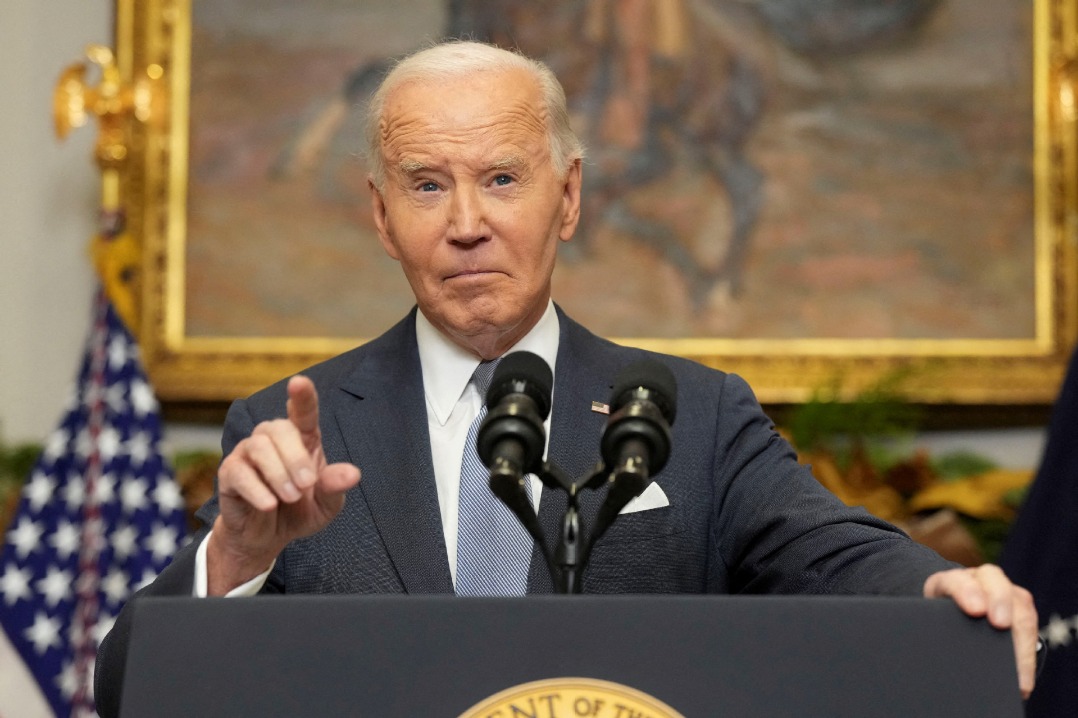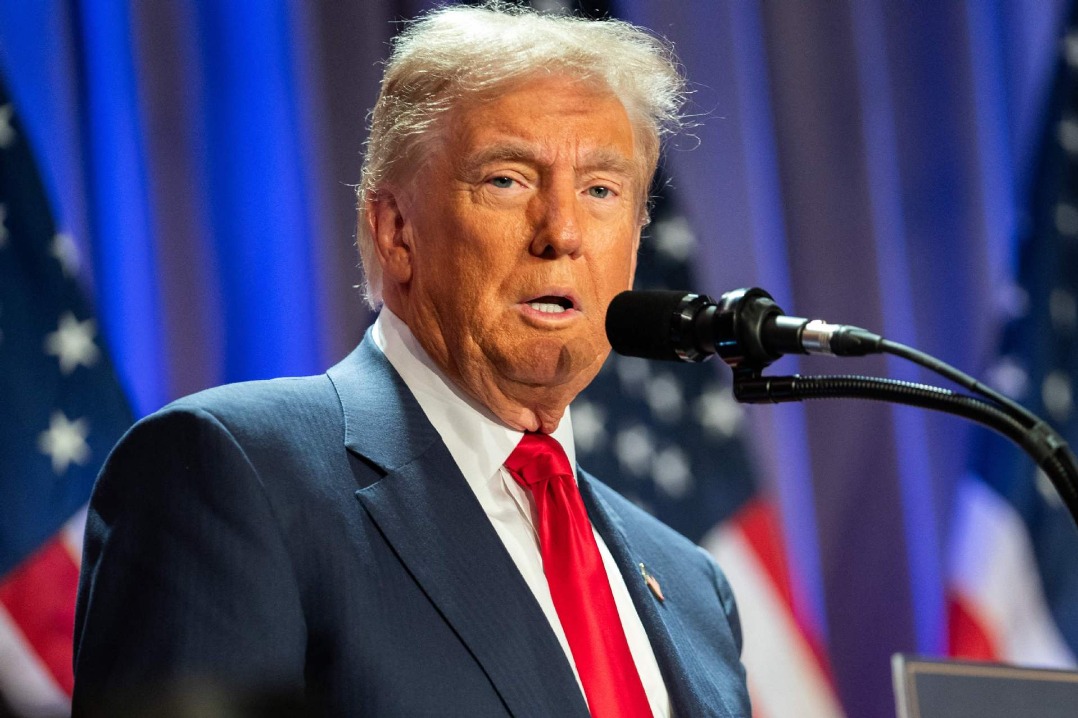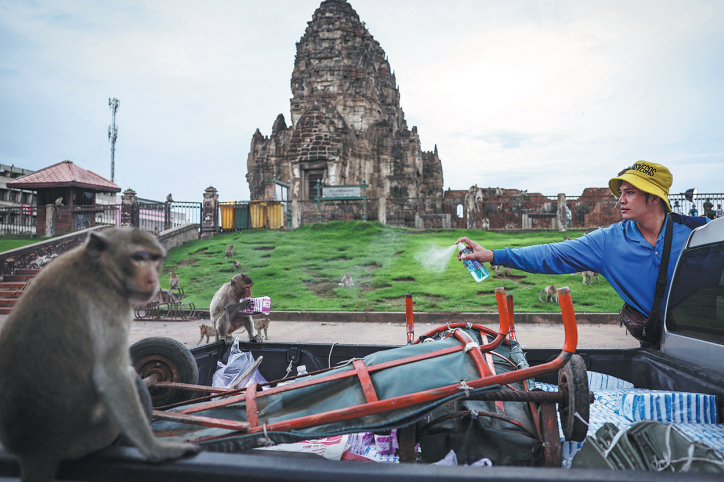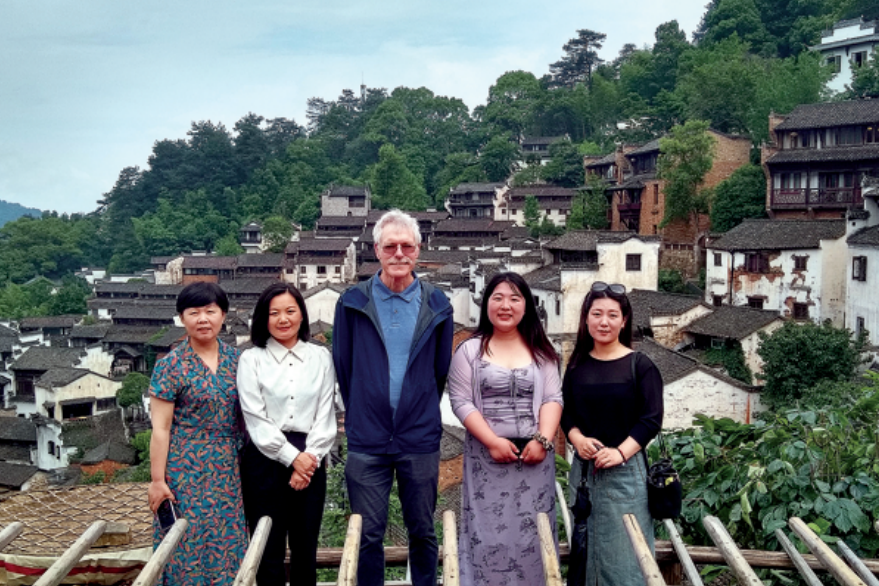Border issue meeting represents new start for China and India

The outcome of the recent 32nd meeting of the Working Mechanism for Consultation and Coordination on China-India Border Affairs or WMCC meeting on Dec 5 in New Delhi is a good beginning and will facilitate the swift return of relations to a stable and healthy level between the two countries, analysts said.
The two sides agreed to maintain communication through diplomatic and military channels, and safeguard sustainable peace and stability in the border areas, according to a release issued by the Chinese Foreign Ministry on Dec 6.
Both sides positively assessed the solutions reached on border-related issues and agreed to continue implementing them comprehensively and effectively, while taking measures to further ease the border situation, the release said.
Director-General of the Department of Boundary and Ocean Affairs of the Chinese Foreign Ministry Hong Liang and Joint Secretary (East Asia) of India's Ministry of External Affairs Shri Gourangalal Das, co-chaired the 32nd meeting. Representatives from the foreign affairs, defense, immigration departments, and interior of both countries took part.
The two sides positively affirmed the implementation of the most recent disengagement agreement, which completed the resolution of the issues that emerged in 2020, a statement from the Indian Foreign Ministry said after the meeting.
To avoid such incidents in the future, both sides emphasized the need for "exchanges and contacts at the diplomatic and military levels through established mechanisms," according to the New Delhi side.
The two sides also prepared for the next meeting of the Special Representatives, which is to be held in accordance with the decision of the two leaders in their meeting in Kazan on Oct 23, 2024.
Recent developments that reflect our continuous diplomatic engagement since then have set our ties in the direction of some improvement, Indian External Affairs Minister Subrahmanyam Jaishankar said in Indian Parliament last week.
The conclusion of the disengagement phase now allows us to consider other aspects of our bilateral engagement in a calibrated manner, keeping our national security interests first and foremost, he said.
Both countries would consider "other aspects" of bilateral ties in a calibrated manner, the minister added.
Both India and China are preparing for the special representatives' dialogue and other meetings to deliberate on the next steps for the management of the Line of Actual Control or LAC, Randhir Jaiswal, India's external affairs ministry spokesperson said on Dec 6.
"We also talked about the foreign secretary-level meeting. So once these meetings take place, we will be discussing the next steps, and then you will see how things are to be taken forward," the spokesperson said.
"A good beginning has been made. The recent WMCC meeting will facilitate the swift return of bilateral relations to a stable and healthy relations. Now the two sides should carry it forward," said Rup Narayan Das, a former senior fellow at the Manohar Parrikar Institute for Defence Studies and Analyses, New Delhi.
Engagement with China is an imperative necessity and not an option. At a time when relationship has expanded to various gamut including people-to-people's contacts and trade, both countries now need to manage the relationship thoughtfully and creatively, suggested Das.
It is apparent from the outcome of the WMCC meeting and Jaishankar's comment that a bad phase border tension has been put behind and both countries are looking at expanding the scope of bilateral relations for the benefit of both the countries, according to R.S. Vasan, a retired Indian navy commodore who is now the director of the Chennai Centre for China Studies, a think tank.
In coming days there are great possibilities for enhancing trade, cultural relations, peopleto-people exchanges and also some collaborative efforts to contribute to the growth of the region on the premise of security, stability and prosperity, Vasan said.
"The series of recent developments suggests that ice has been broken. Now, there is no going back. There will be only going forward," said Sudheendra Kulkarni, founder and chairman of the Forum for a New South Asia.
Ties between the two countries were complicated after a border standoff in July 2020. India halted major investments by Chinese firms, including China's largest SUV maker Great Wall Motor's proposed $1 billion investment plan in the country, and banned hundreds of Chinese apps.
The writer is a freelance journalist for China Daily.































